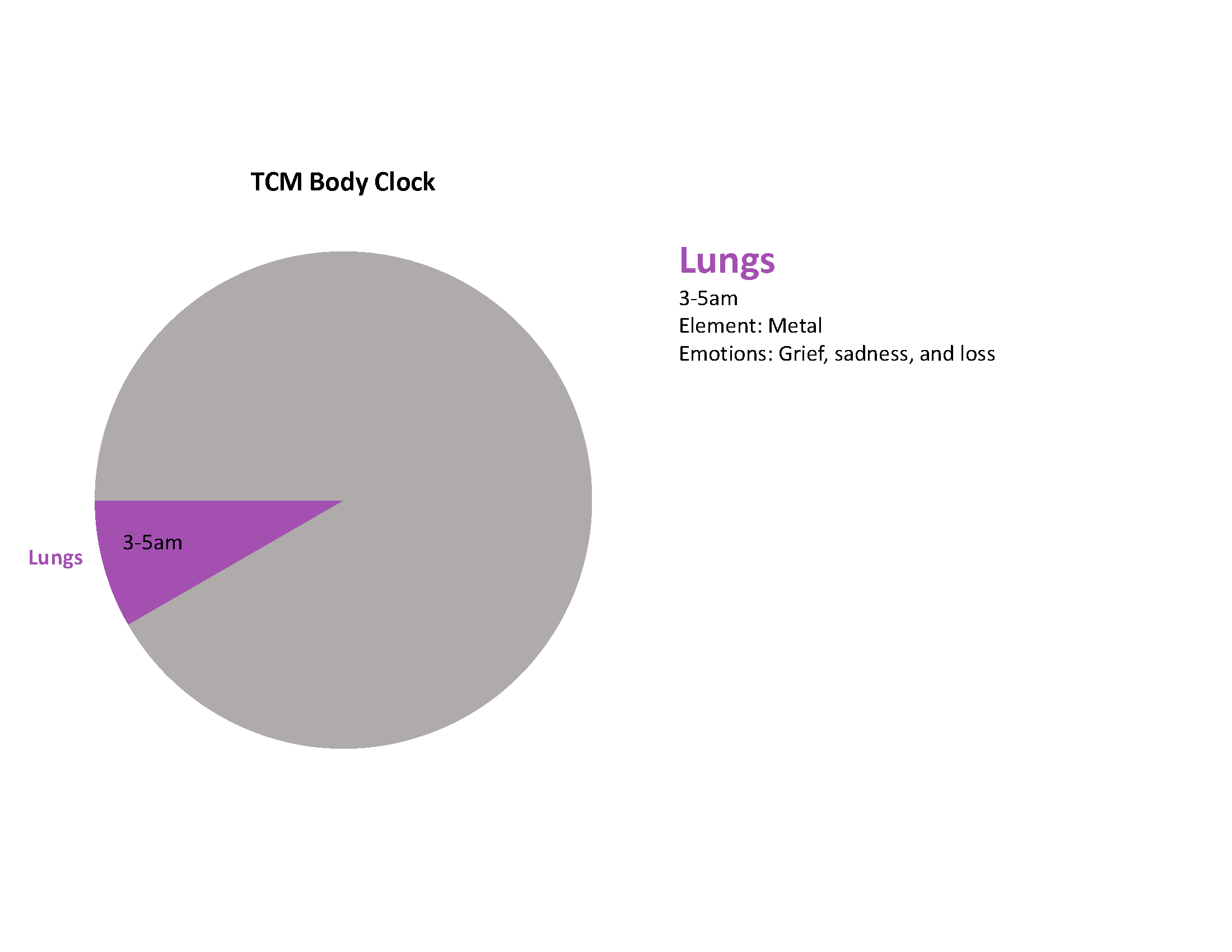Insomnia, or difficulty sleeping, is a common complaint, particularly amongst people who are dealing with a stressful, busy life, or are under a lot of physical or mental pressure.
Poor quality sleep is a common problem, with around 6% of Australians estimated to experience issues with their sleep, and this can flow on to affect your daytime activities. After all, sleep is supposed to be a time for our bodies (and minds) to rest and recharge, so that we can cope with all that the day throws at us. Chronic insomnia is defined as the failure to get an entire night’s sleep on most nights over a 1-month period. How and when you fall asleep, and waking times are an important factor in determining the cause of poor sleep. We divide insomnia into two types – sleep onset (difficulty falling asleep) and sleep maintenance (falling asleep easily, but waking later – often in the early hours of the morning).
Sleep Onset Insomnia
Sleep onset insomnia refers to the inability to fall asleep, despite often being quite tired/ready for sleep. Generally, this is more common where there is anxiety or tension, a change in the environment (such as sleeping in a new bed or at a hotel), strong emotions (such as anger or an argument with partner), noise, or pain. Somewhat ironically, fear of insomnia can also influence the ability to fall asleep – experiencing a few nights of restless sleep can cause anxiety and consequently make falling asleep more difficult.
Sleep Maintenance Insomnia
Like the name suggests, sleep maintenance insomnia refers to the inability to stay asleep, or waking in the early hours of the morning. Quite often, the person has no difficulty falling asleep when going to bed, but then tends to wake during the early hours of the morning and toss and turn – often with a mind that is wide awake and thinking. Sleep maintenance insomnia can be caused by many of the same issues as sleep onset insomnia, however other factors can be more likely to play a role. Sleep apnoea (an interruption in airflow) can result in a lowered oxygen level in the blood, which can cause the person to wake, or to sleep lightly. This is more common in men, than women. In some individuals, limb movements such as restless leg syndrome can cause sleep disturbances, and are associated with stress and caffeine intake, as well as being more common in women. Chronic pain can also interfere with deep sleep, as can alcohol, nicotine and some recreational drugs. Pharmaceutical medications such as nasal decongestants, cold & flu medications, antidepressants, corticosteroids, asthma medications and cholesterol-lowering drugs can all cause insomnia. Many medications are known to deplete nutrients that help to promote restful sleep – including the oral contraceptive pill. Interestingly, despite often being prescribed to enhance sleep, sleeping pills have been shown to actually interfere with the quality of sleep, meaning that you may sleep more easily, but not as well. This can lead to further disruption of natural sleeping patterns in the long run.
I find in the clinic, that the majority of my patients who have difficulty sleeping, are suffering from sleep maintenance insomnia. And this is where taking note of the time that you tend to wake up may be useful, by taking into consideration which organ is most active at that time.
The Traditional Chinese Medicine (TCM) Body Clock
In Chinese medicine, the belief is that the body’s ‘vital energy’ (Qi – pronounced ‘chi’) moves through different organs at different times of the day & night, in 2-hourly intervals. During sleep, the qi draws inward to restore a section of the body before moving outward and onto the next organ system. If you are consistently waking at a certain time of night, it can be useful to consider which organ might be playing a role.
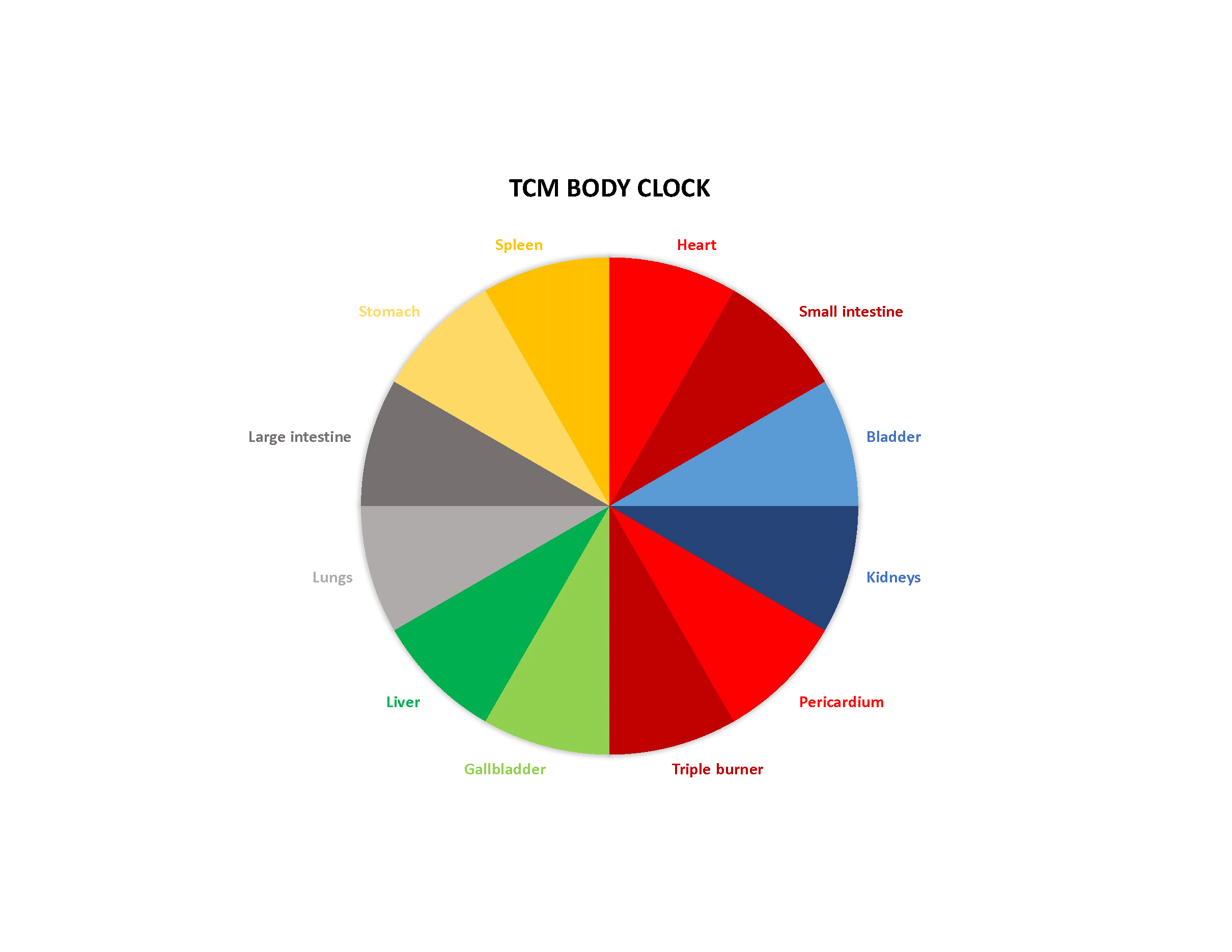
Waking between 9pm and 11pm – Triple-Burner (heart/lung/pericardium)
According to Chinese medicine, the Triple-Burner (also known as the heart/lung/pericardium) co-ordinates water functions and temperature, and is related to hormonal control of the body. Energetically, this organ is associated with emotions such as joy and hopelessness.
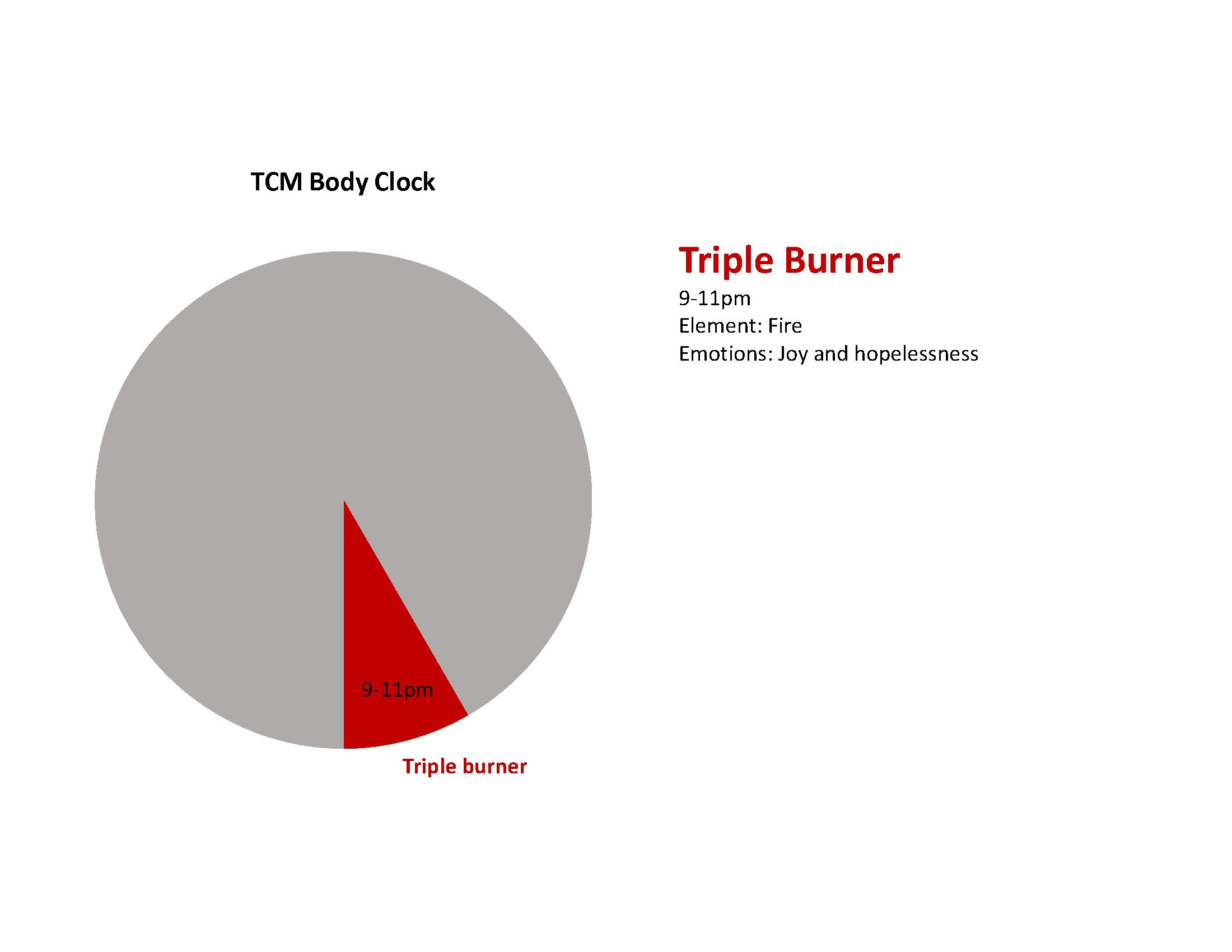
Waking between 11pm and 1am – Gallbladder
This time is governed by the gallbladder. Energetically, the gallbladder is associated with bitterness & resentment. Nightmares may be an indication that the gallbladder is disturbed.
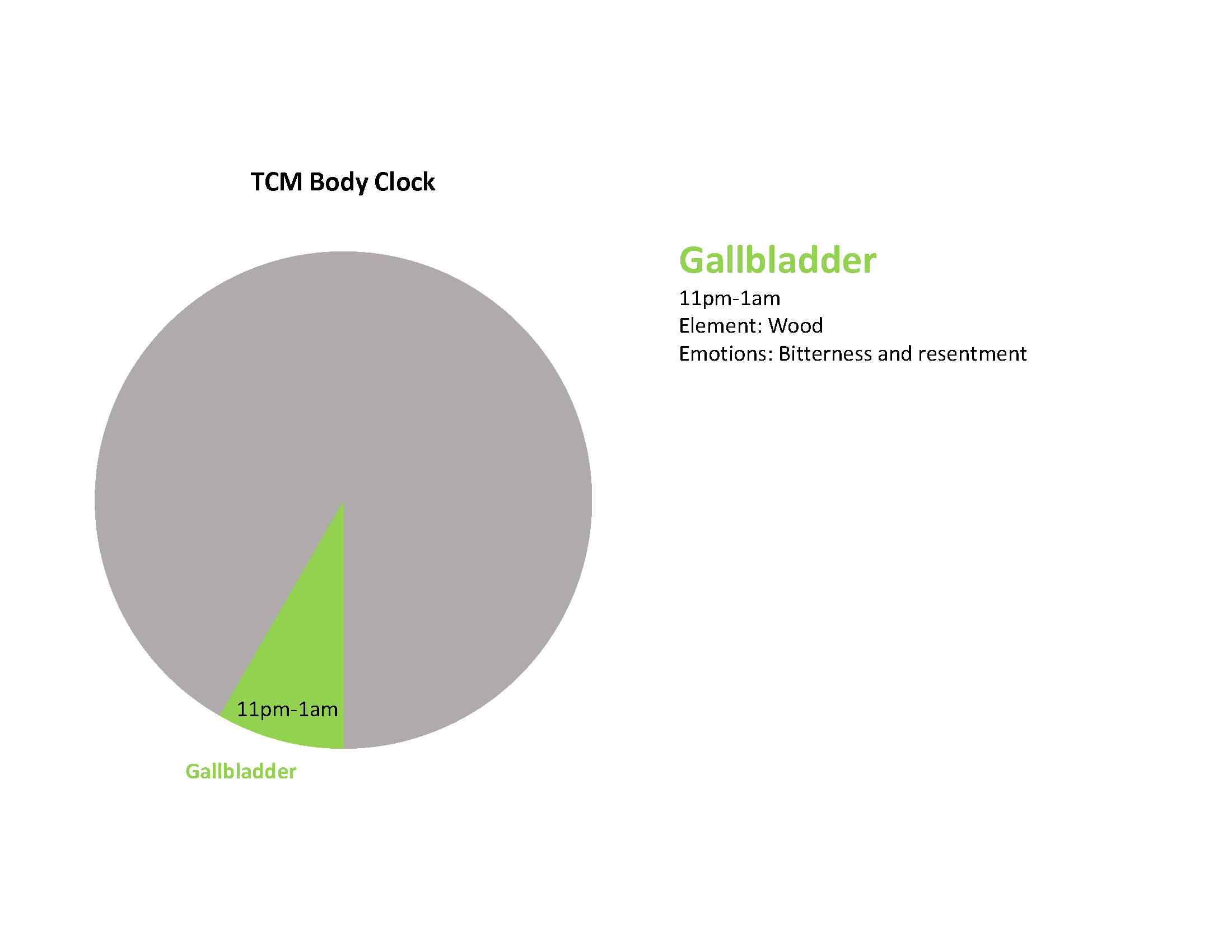
Waking between 1am and 3am – Liver
Between 1am & 3am is Liver time, and this is the most common time for people to be waking up! The liver cleans and detoxifies the body. In particular, if you drink alcohol or eat fatty foods you might find that this disturbs sleep in the early hours of the morning, as your liver tries to ‘clean house’.
Energetically, the liver is associated with withheld anger and frustration, so you may need to find a way to express these emotions in a positive way.
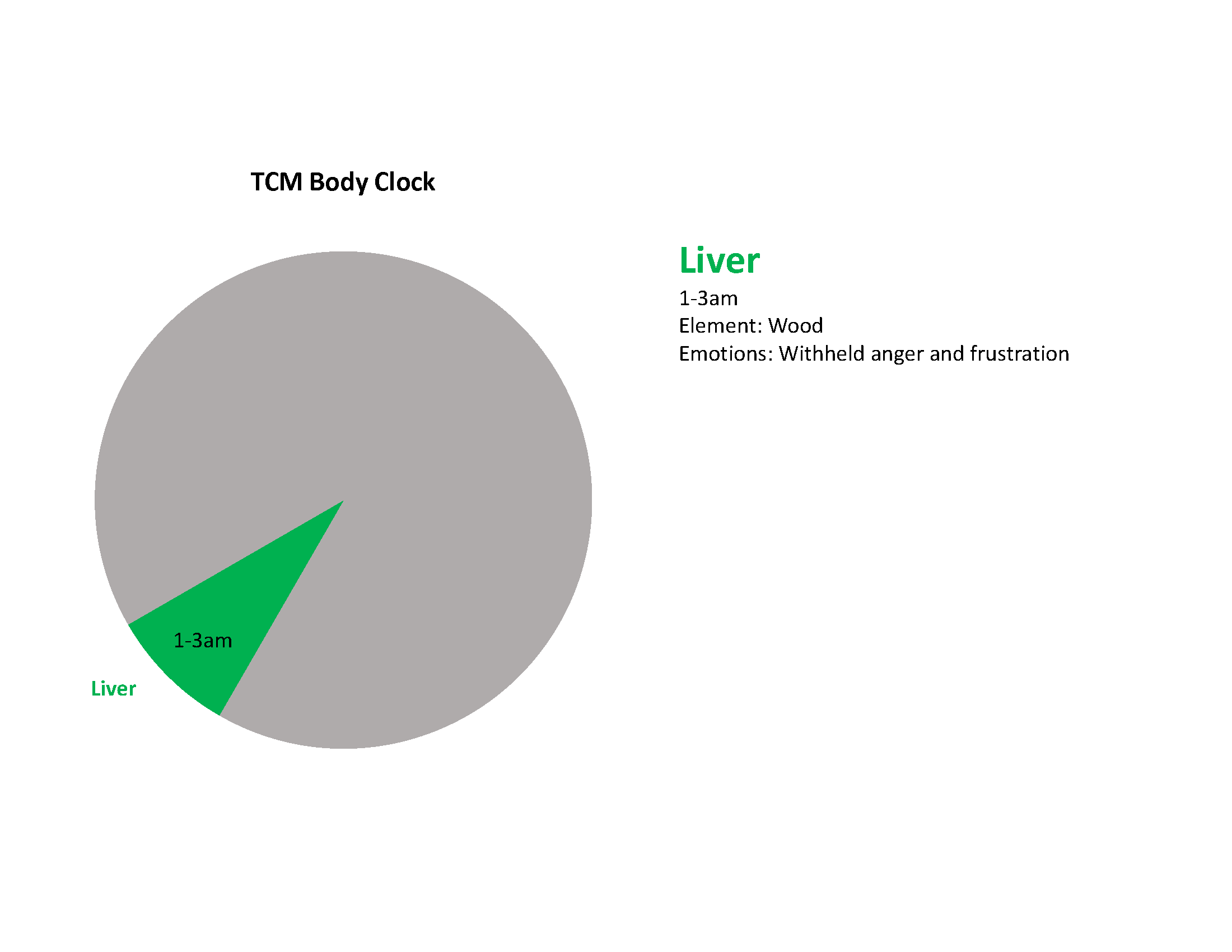
Waking between 3am and 5am – Lungs
The lungs are energetically associated with grief, so if you tend to wake at this time, consider whether sadness, loss, or other difficult emotions are not being expressed. I have noticed that this waking time is quite common amongst people who have suffered a loss of a loved one, or an estrangement.
